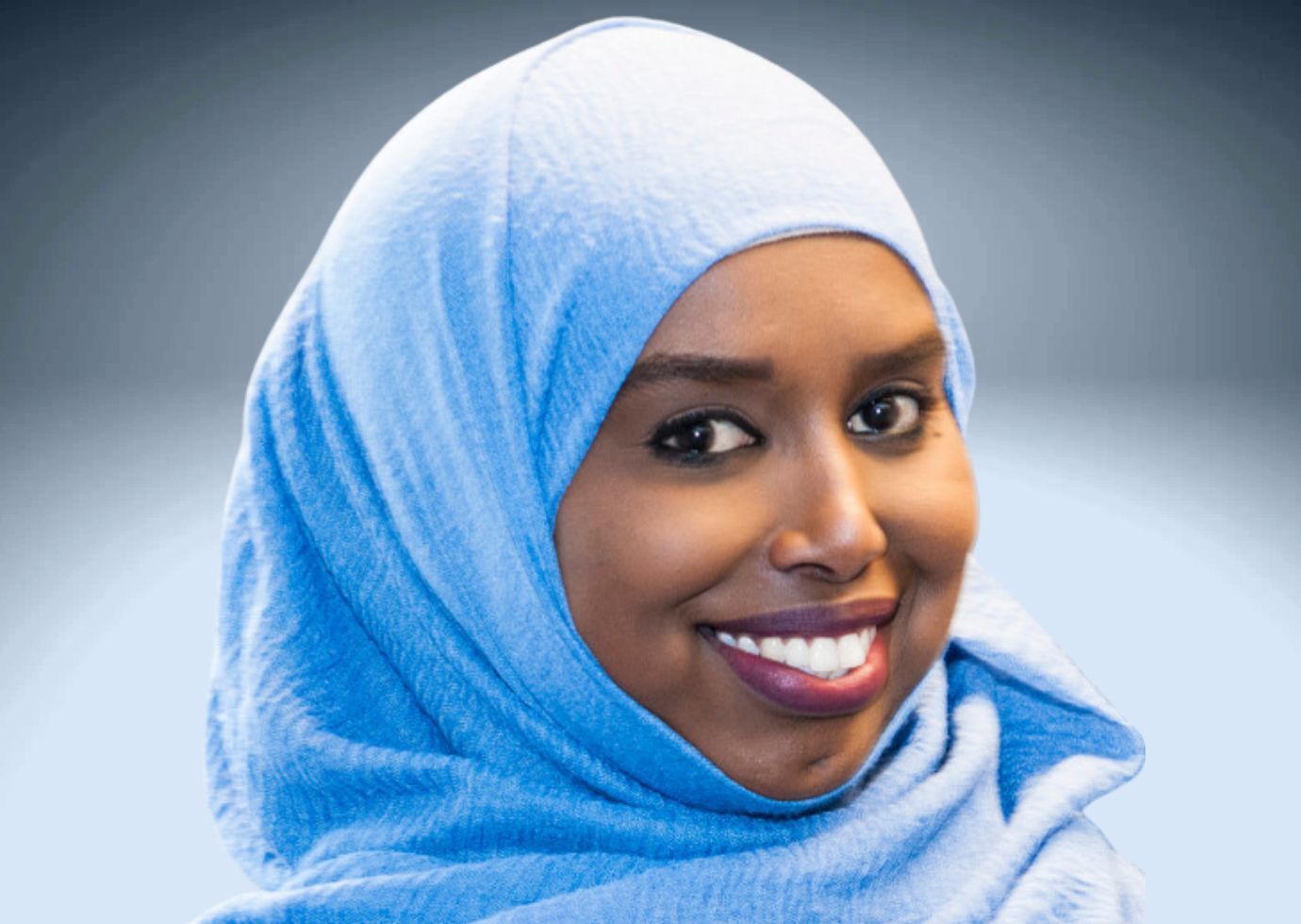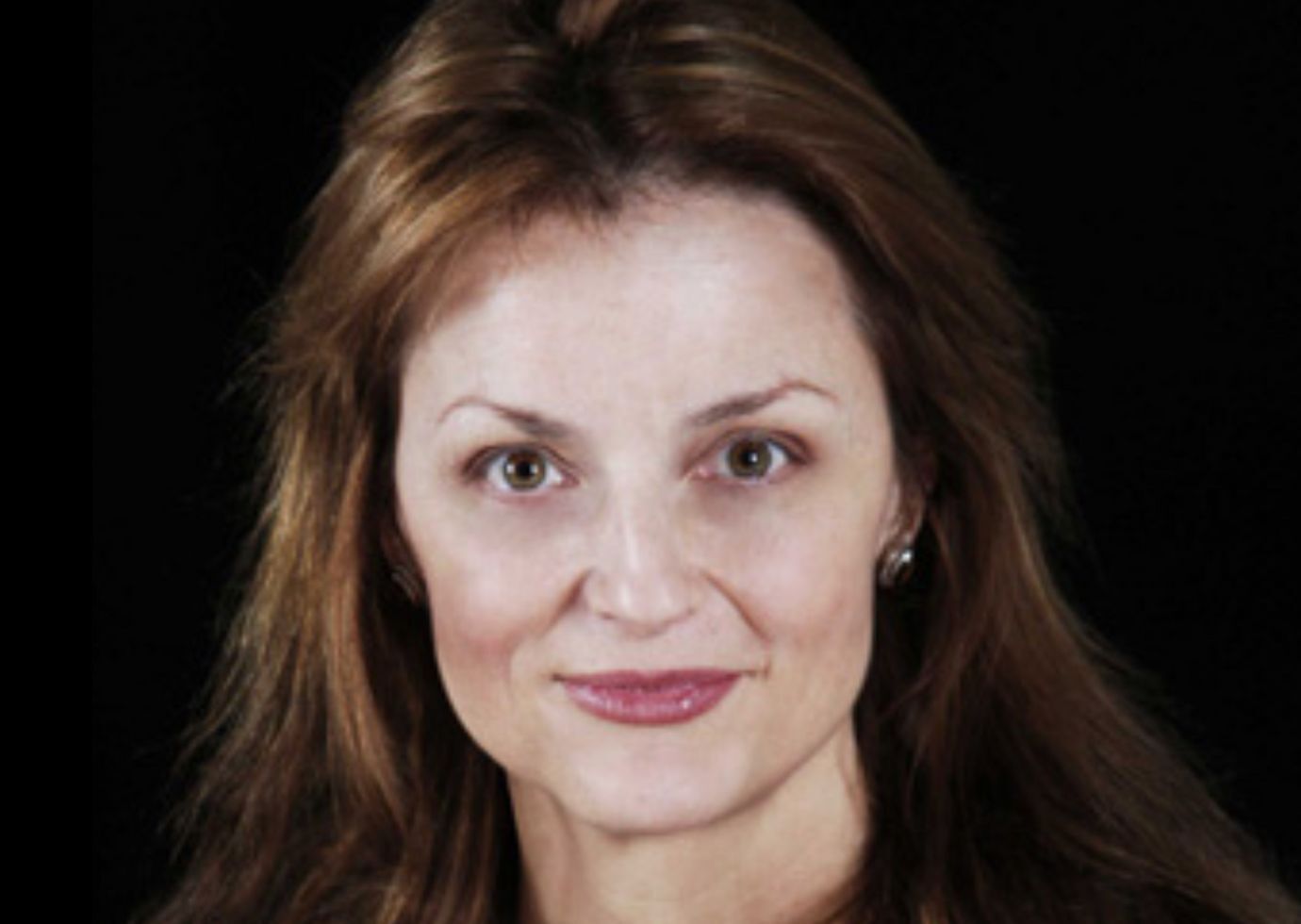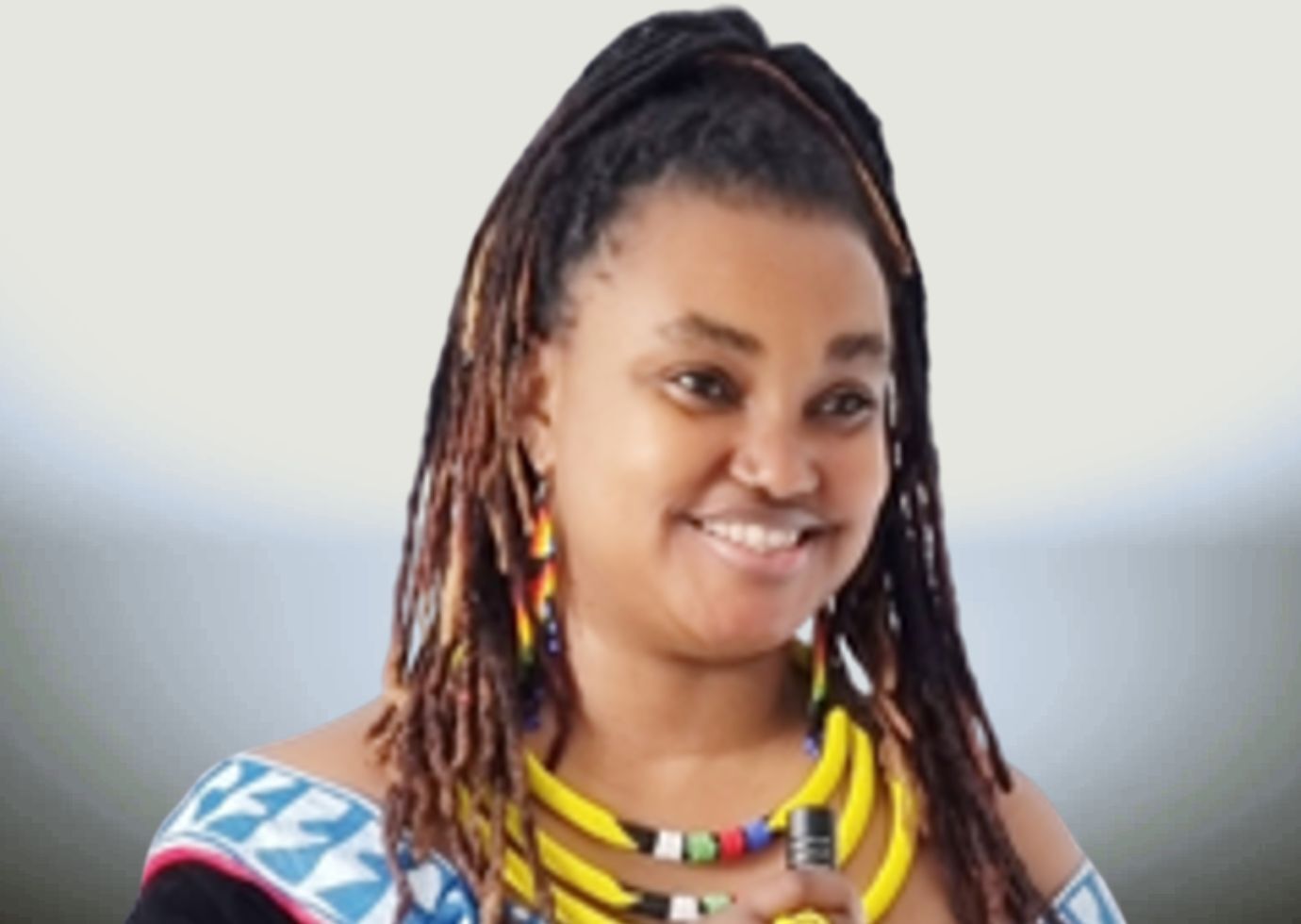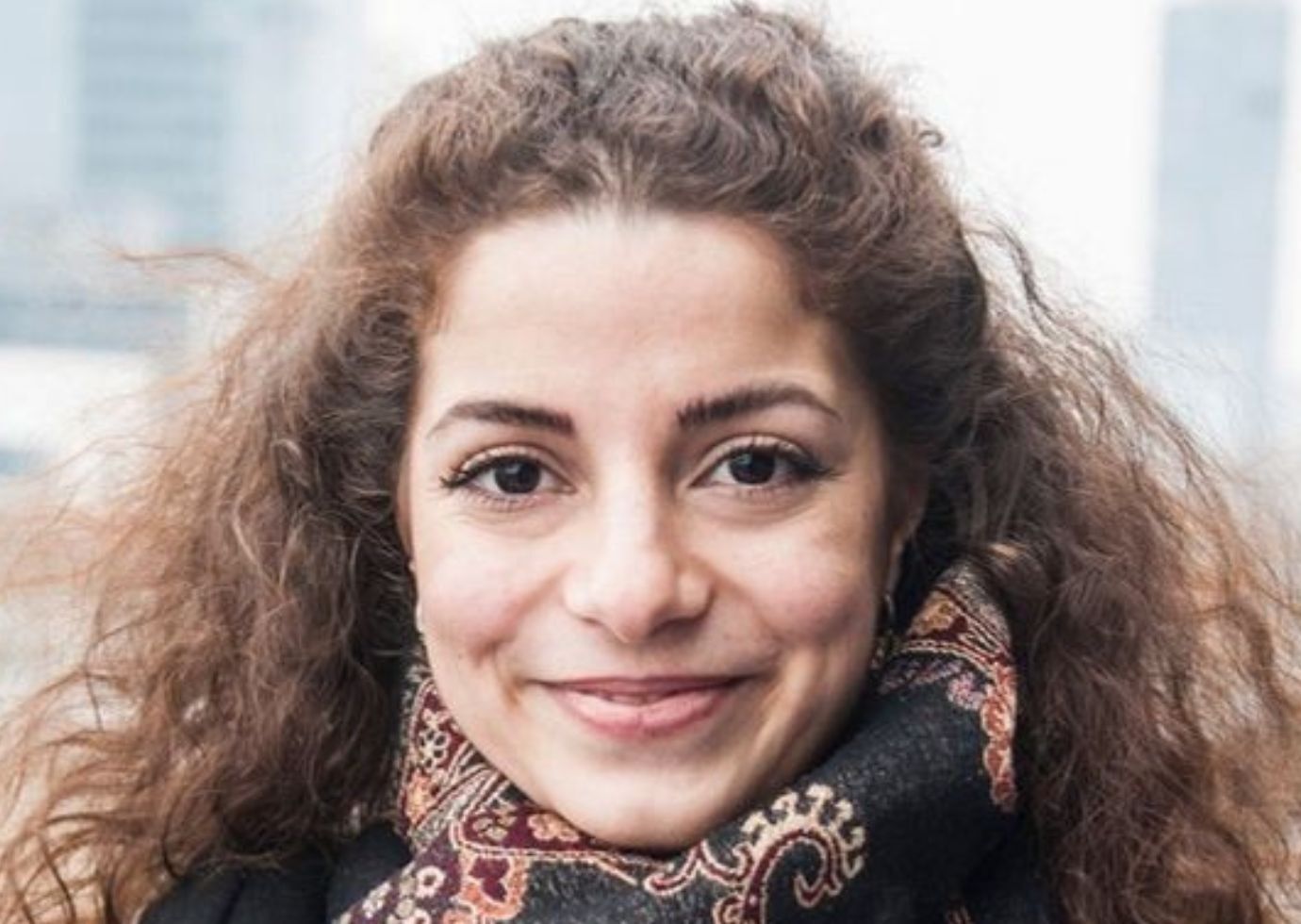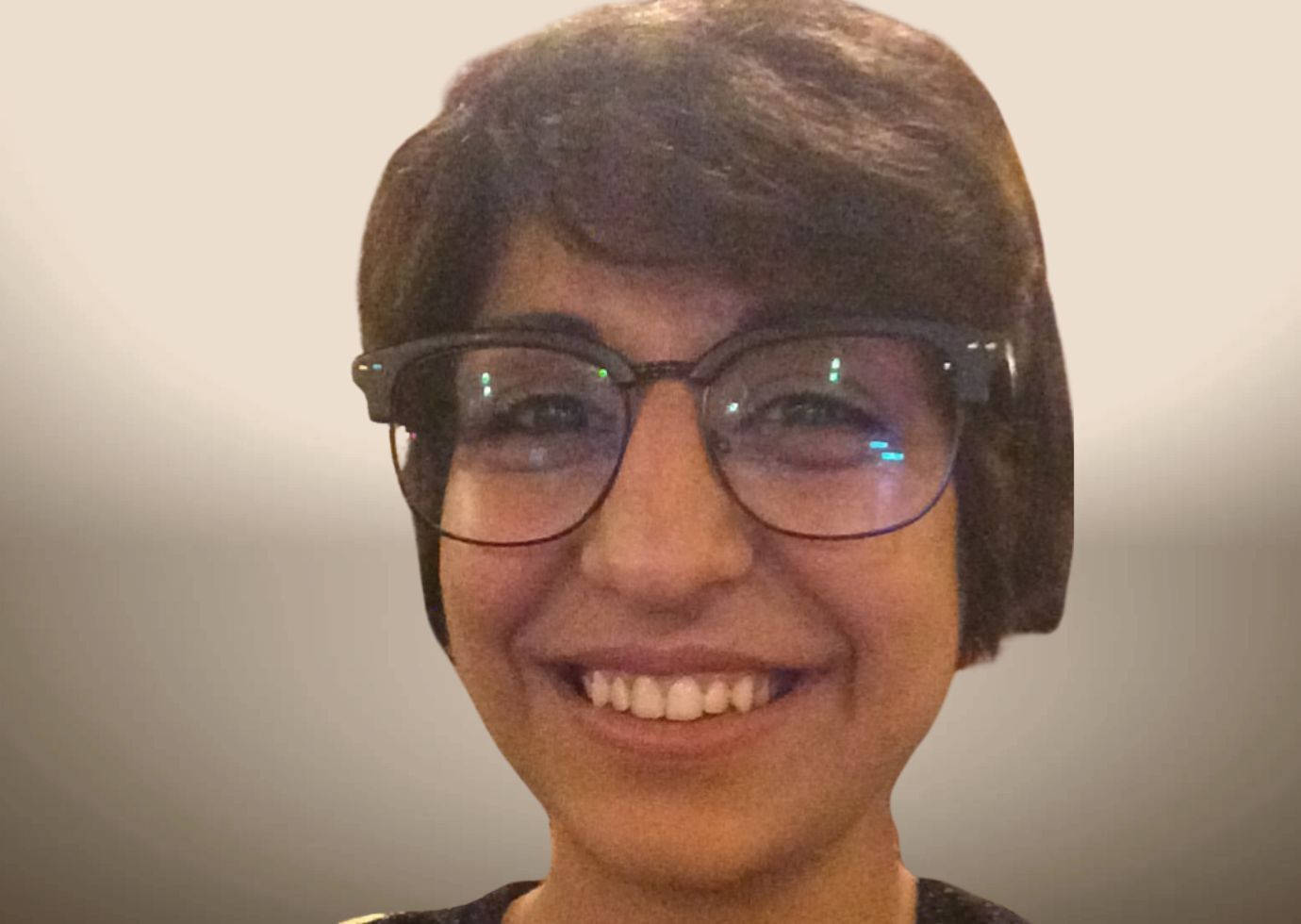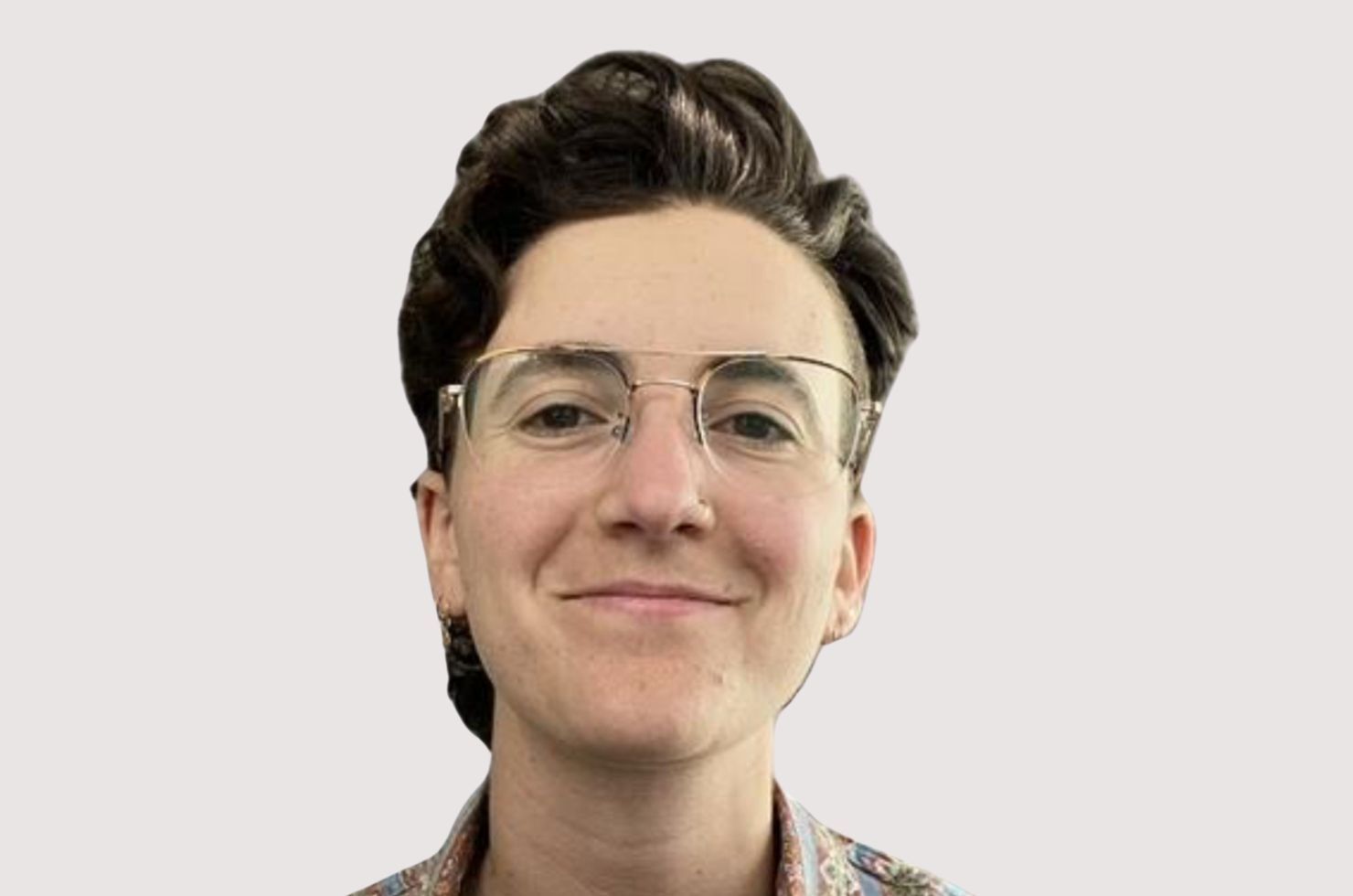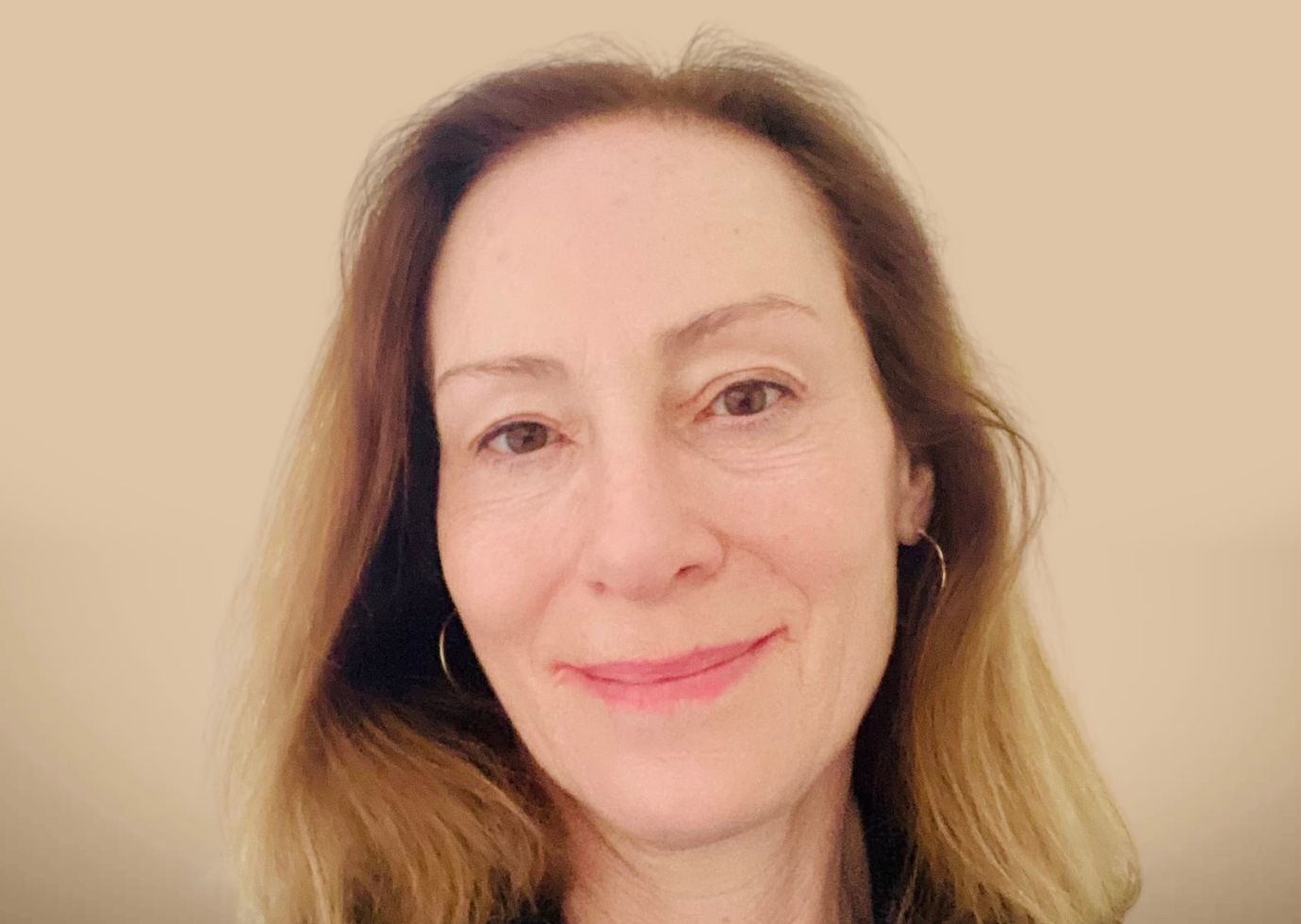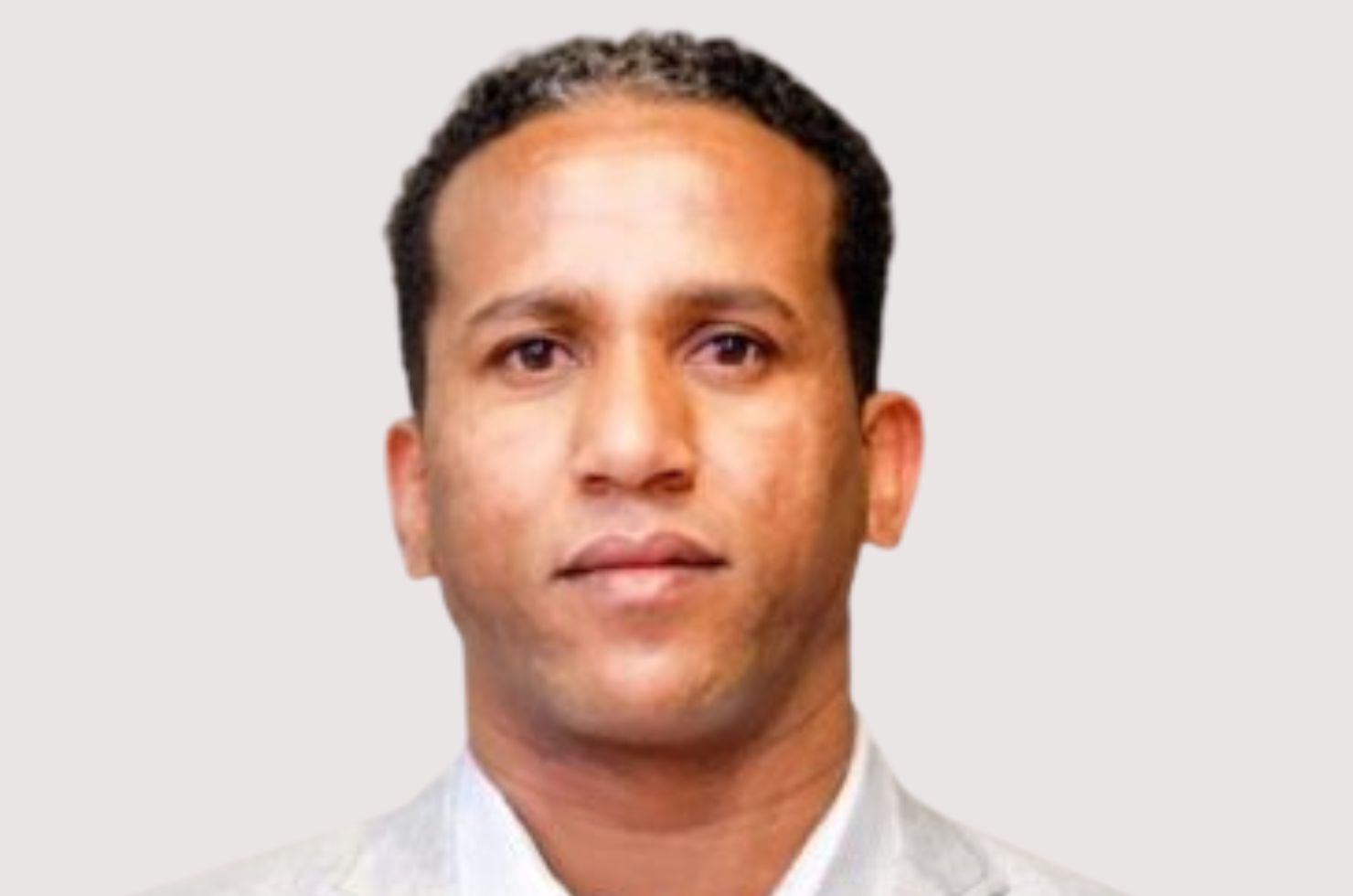People in polycrisis settings face existential risks ranging from poverty and domestic violence to climate change and war. Humanitarian workers serving these populations risk secondary trauma, burnout, and other issues. Resilience training provides tools to deal with such adversities.
Building Resilience Capacity Community Safety Life Skills The Future

Community-based Solutions
When young people build resilience skills, the positive effects can have far-reaching impact.
For example, tools for creating adaptive coping strategies can be shared with peers, family, and the larger community.
And when key stakeholders are included in the design of such tools, it’s even better.
That’s why blockhub.care takes a whole-of-society approach to developing learning solutions aimed at core societal challenges.
Matrix Strategy
Resilience is intersectional.
As noted by the World Economic Forum: ‘The climate crisis negatively impacts mental health, which in turn reduces our ability to deliver the changes needed for a sustainable planet’.
This interconnectedness is why blockhub.care is built for an array of capacity building. We can provide last-mile settings with information about climate adaptation, support urban settings with trafficking-mitigation tools, and then connect the two locations to tackle related forced migration.
It’s about breaking silos and building connections.
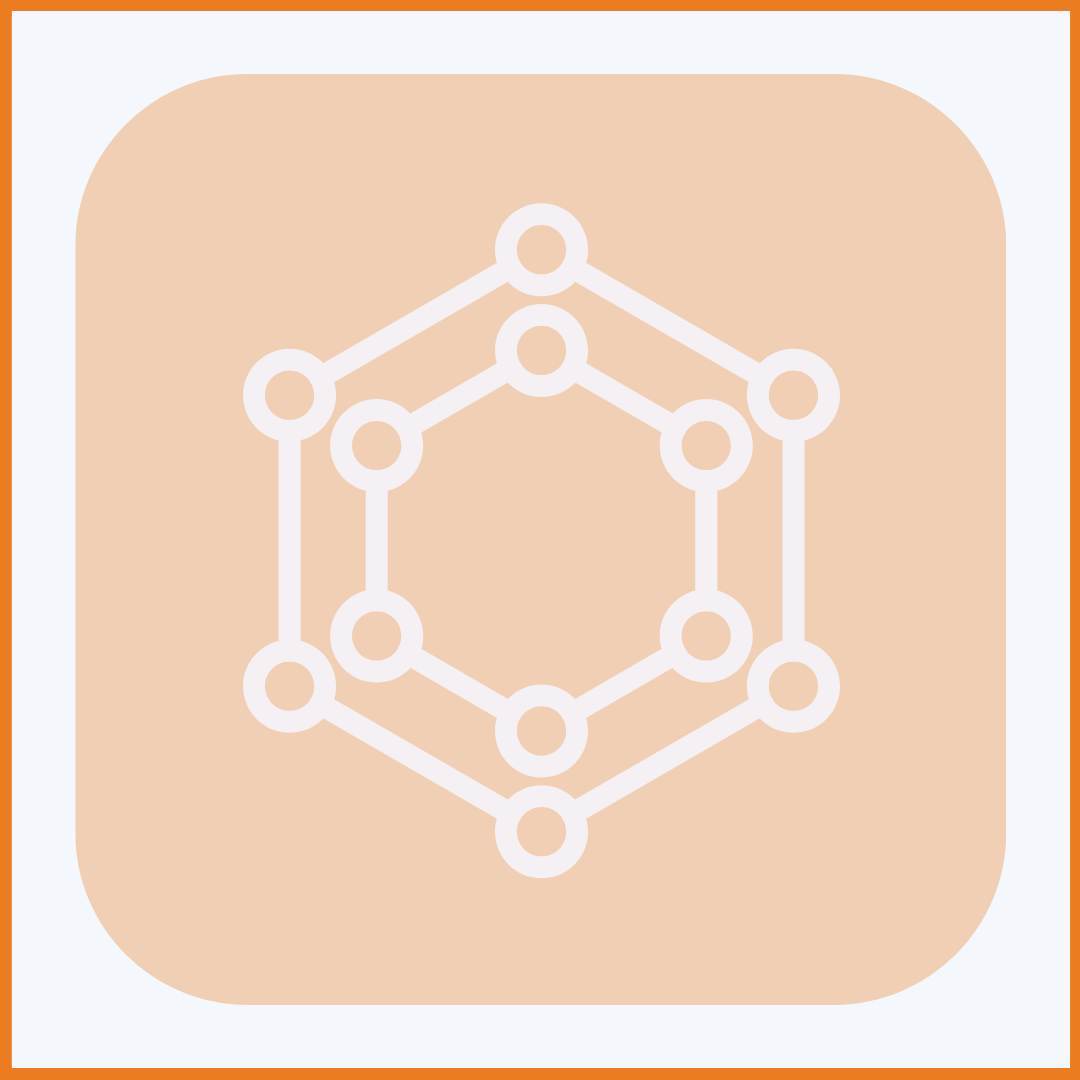

Evidence-based Models
blockhub.care deploys a range of methodologies to support people in polycrisis settings build personal resilience.
This ranges from Ginsburg’s 7 Cs of Resilience (Confidence, Competence, Connection, Character, Contribution, Coping, Control) to CASEL’s Systemic SEL to the holistic approach advocated by Nobel Laureate Dr. Denis Mukwege.
Together with at-risk communities, we build targeted and age-appropriate hybrid EdTech and PeaceTech solutions.




